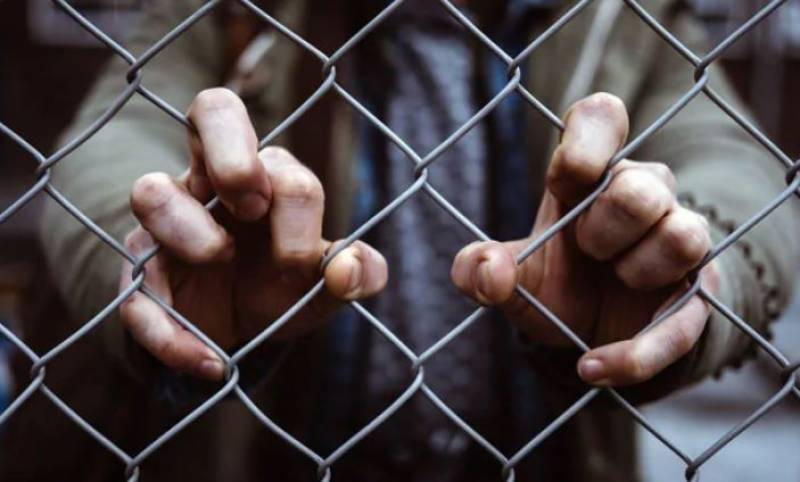New Delhi (Web Desk): An Indian court on Monday convicted six men of involvement in the rape and murder of an eight-year-old Muslim girl in occupied Kashmir last year, the local media reported.
The girl, from a nomadic Muslim community that roams the forests of Kashmir, was drugged, held captive in a temple and sexually assaulted for a week before being strangled and battered to death with a stone in January 2018.
Among those accused were a Hindu priest and police officers, fanning communal tensions between Hindus and Muslims in the area.
“This is a victory of truth,” prosecution lawyer M. Farooqi told reporters outside the court. “The girl and her family members have got justice today. We are satisfied with the judgment.”
The prosecution was seeking the death penalty for three men — priest Sanji Ram, Deepak Khajuria and Parvesh Kumar — who were convicted of rape and murder, he said.
Three others, Surinder Kumar, Tilak Raj and Anand Dutta, were convicted of lesser crimes of destroying evidence.
A lawyer leading the legal team representing the accused, AK Sawhney, told reporters they planned to appeal the verdict.
The case shocked India, which has an appalling record for violence against women and girls, and led to the introduction of the death penalty for rapists of girls below the age of 12.
The trial, held in private, began over a year ago in Pathankot, a town about 70 km [44 miles] from Rasana village in Kathua district, where the incident happened, in the occupied state of Jammu and Kashmir.
The Indian top court shifted the trial to the neighbouring state of Punjab after the girl's family and lawyer said they faced death threats, and local lawyers and Hindu politicians, including some from the ruling BJP held protests against police filing charges in court.
India has long been plagued by violence against women and children. Reported rapes climbed 60 per cent to 40,000 from 2012 to 2016, according to government statistics, and many more go unreported, especially in rural areas.


